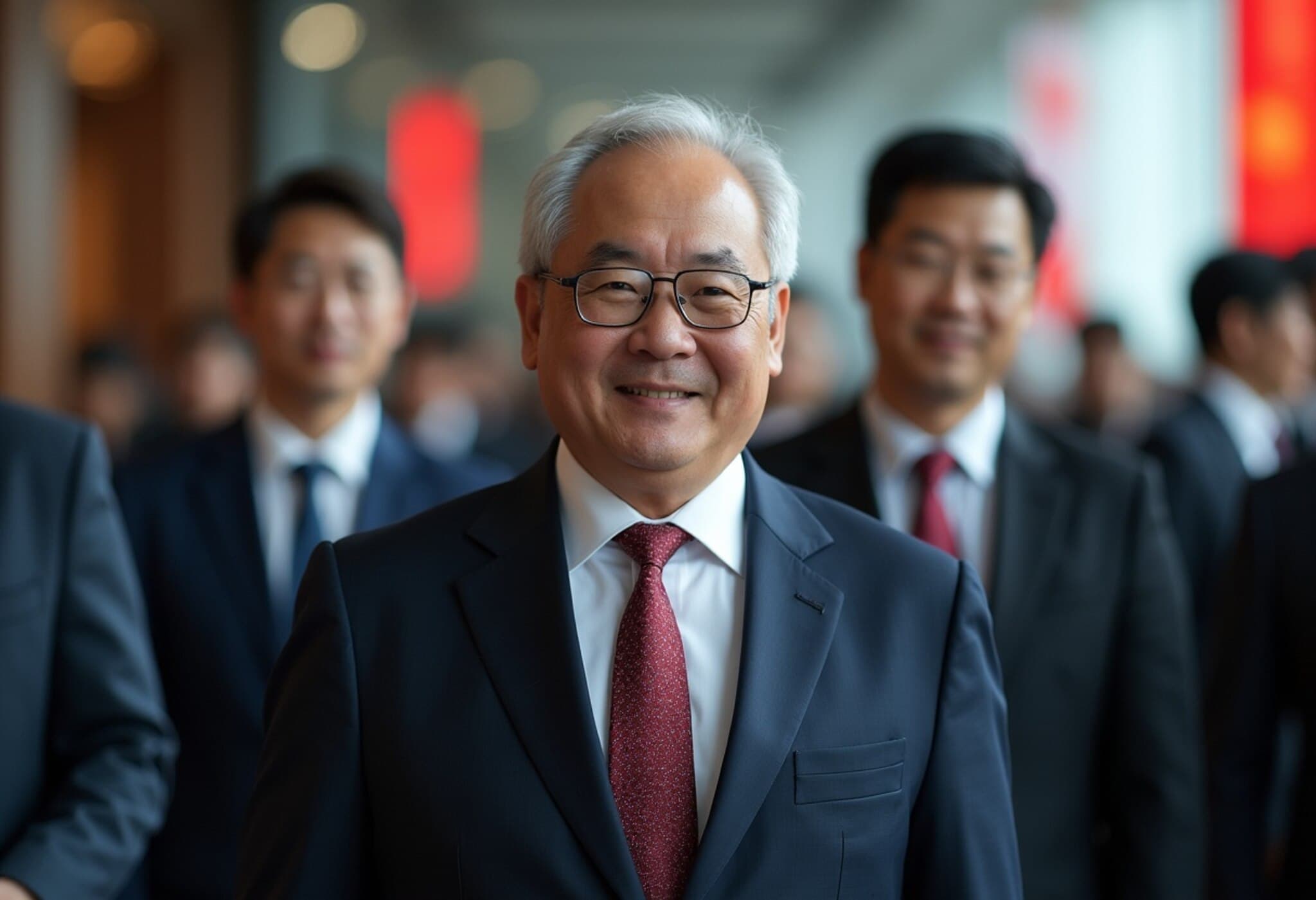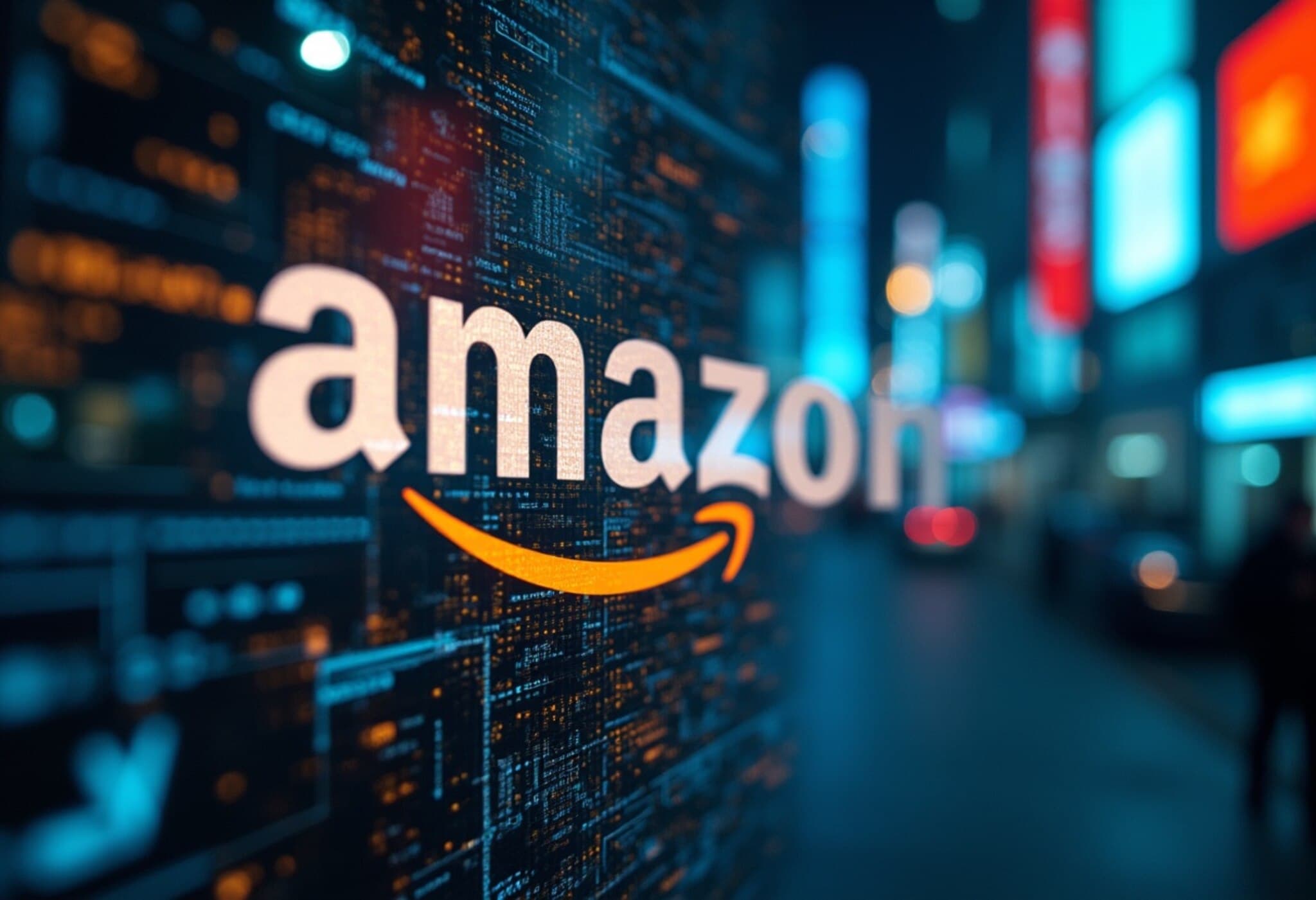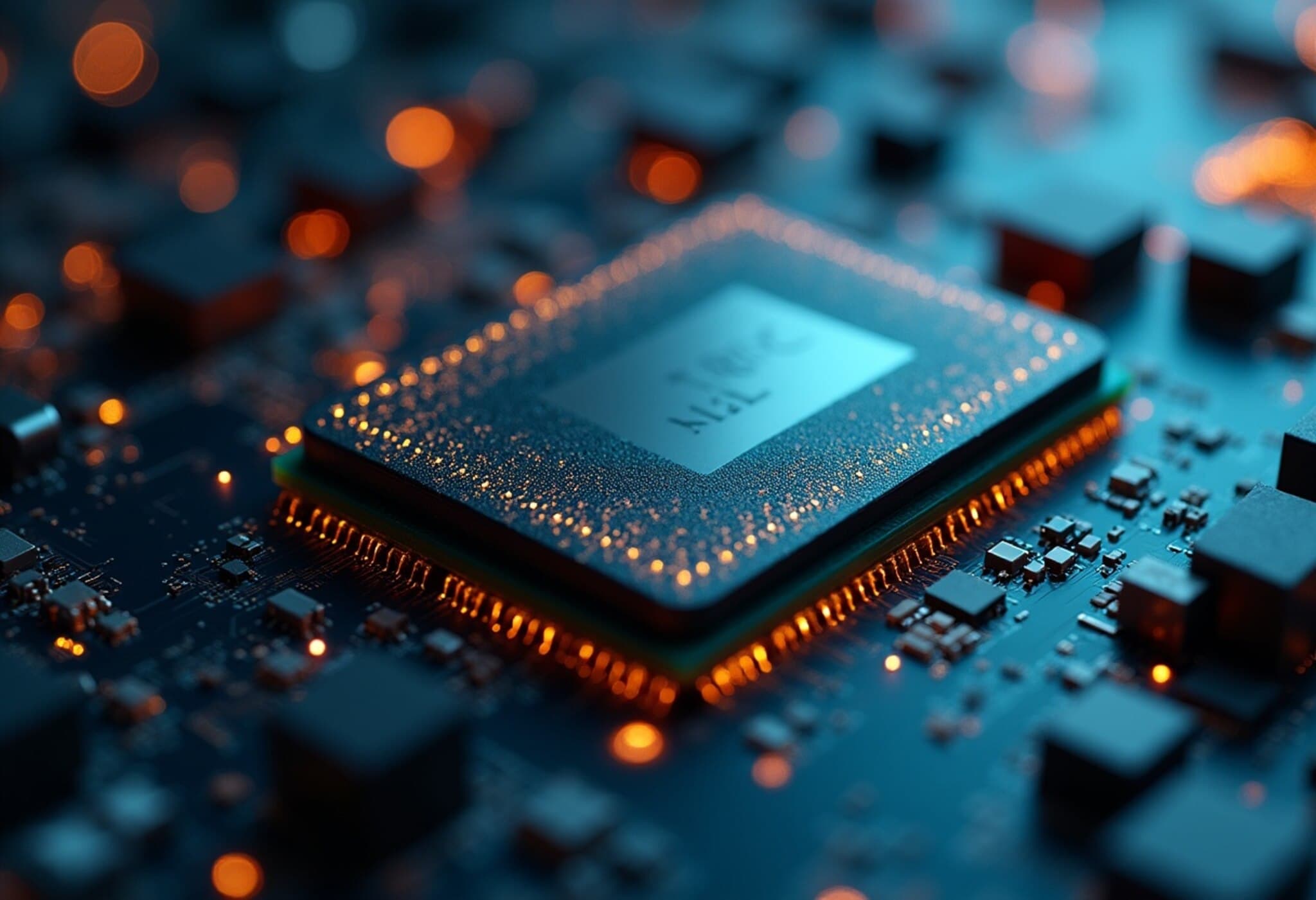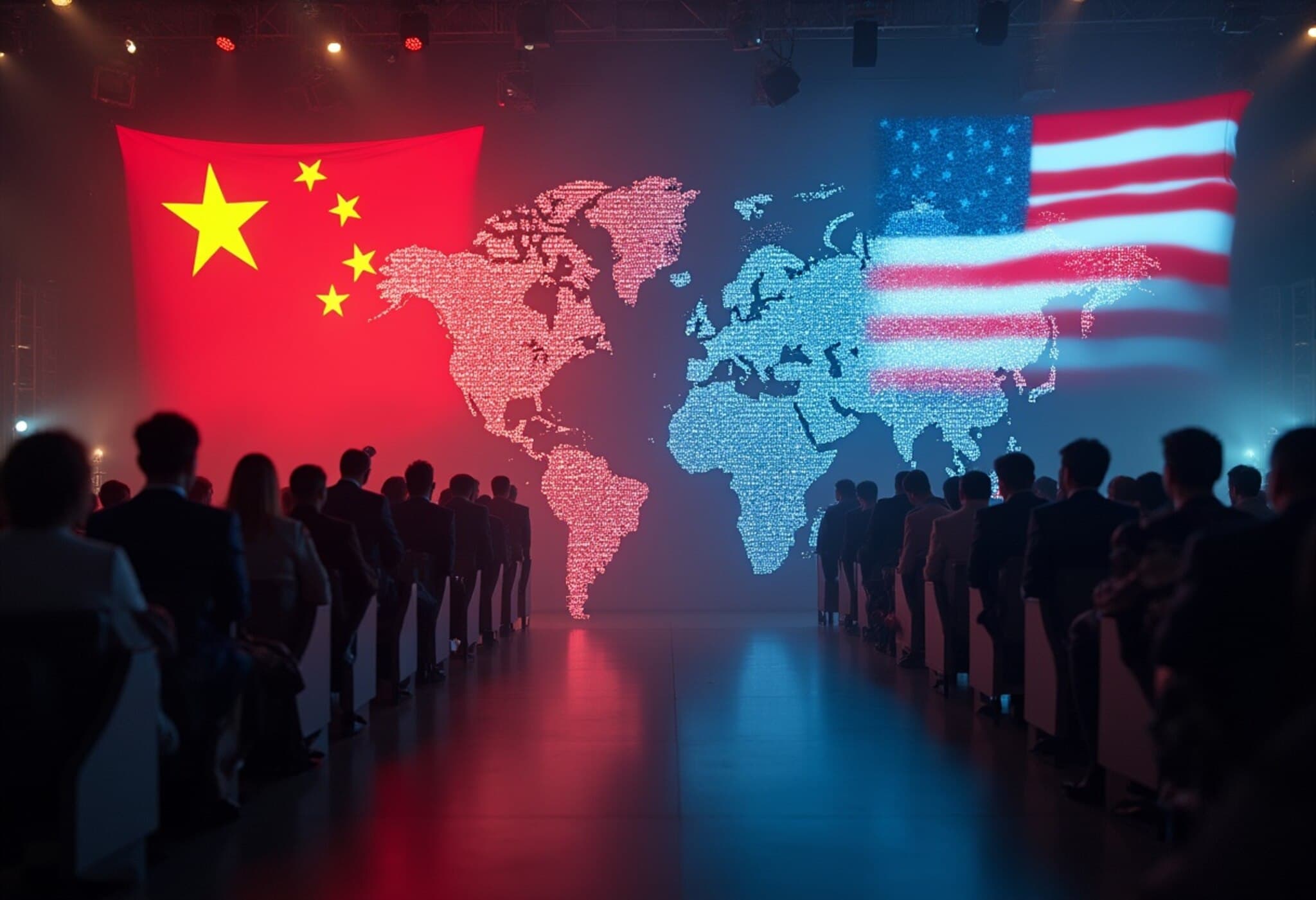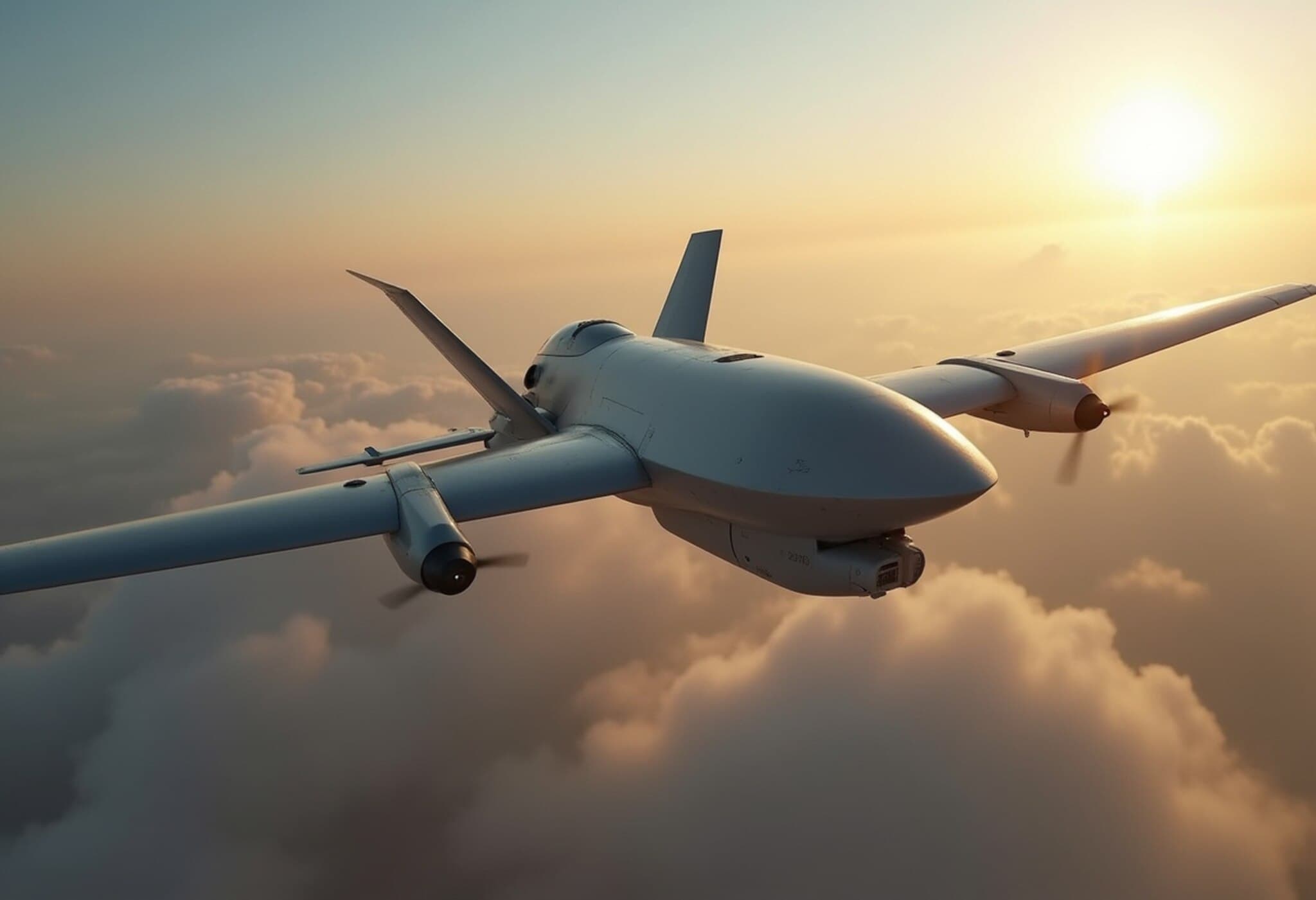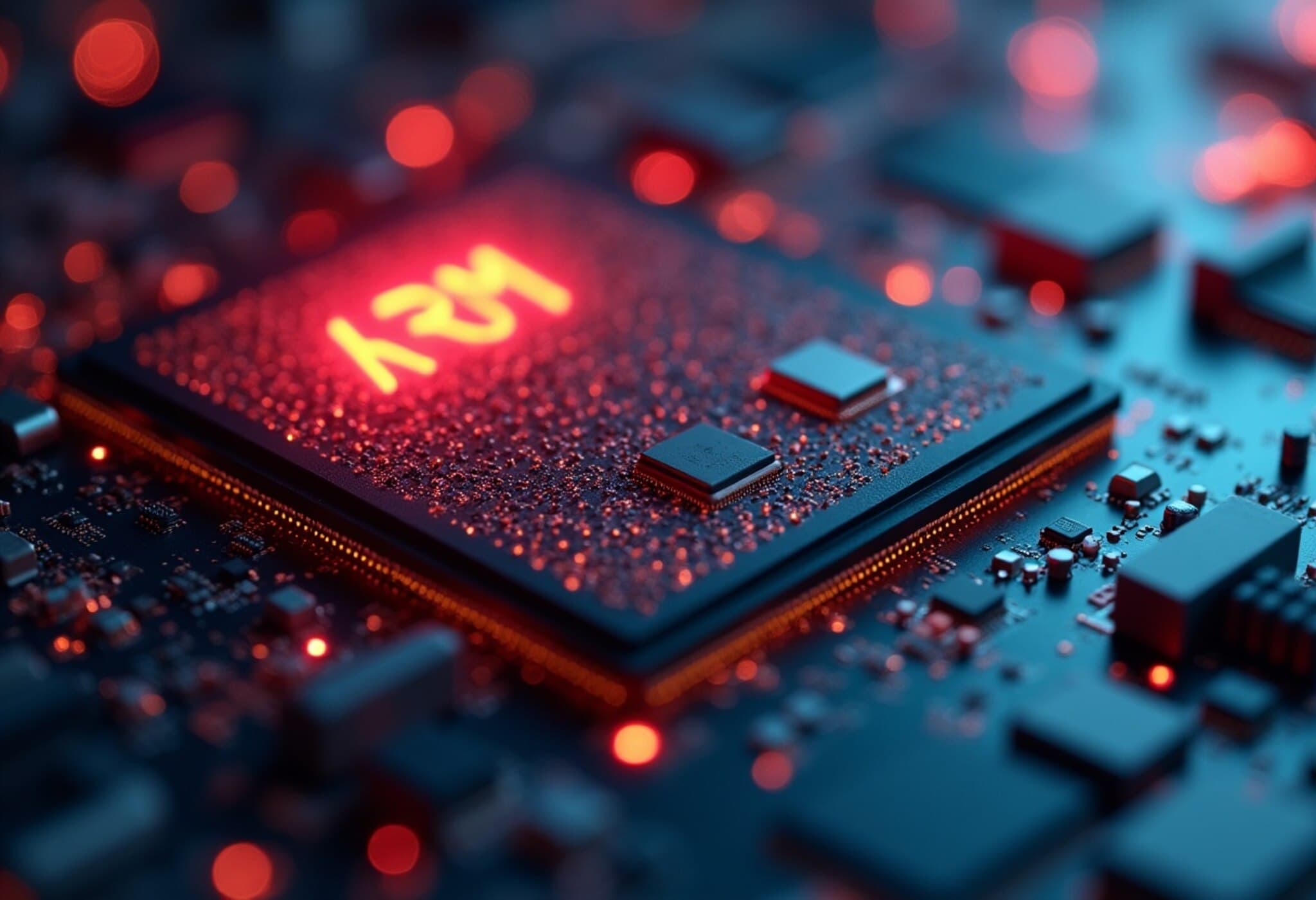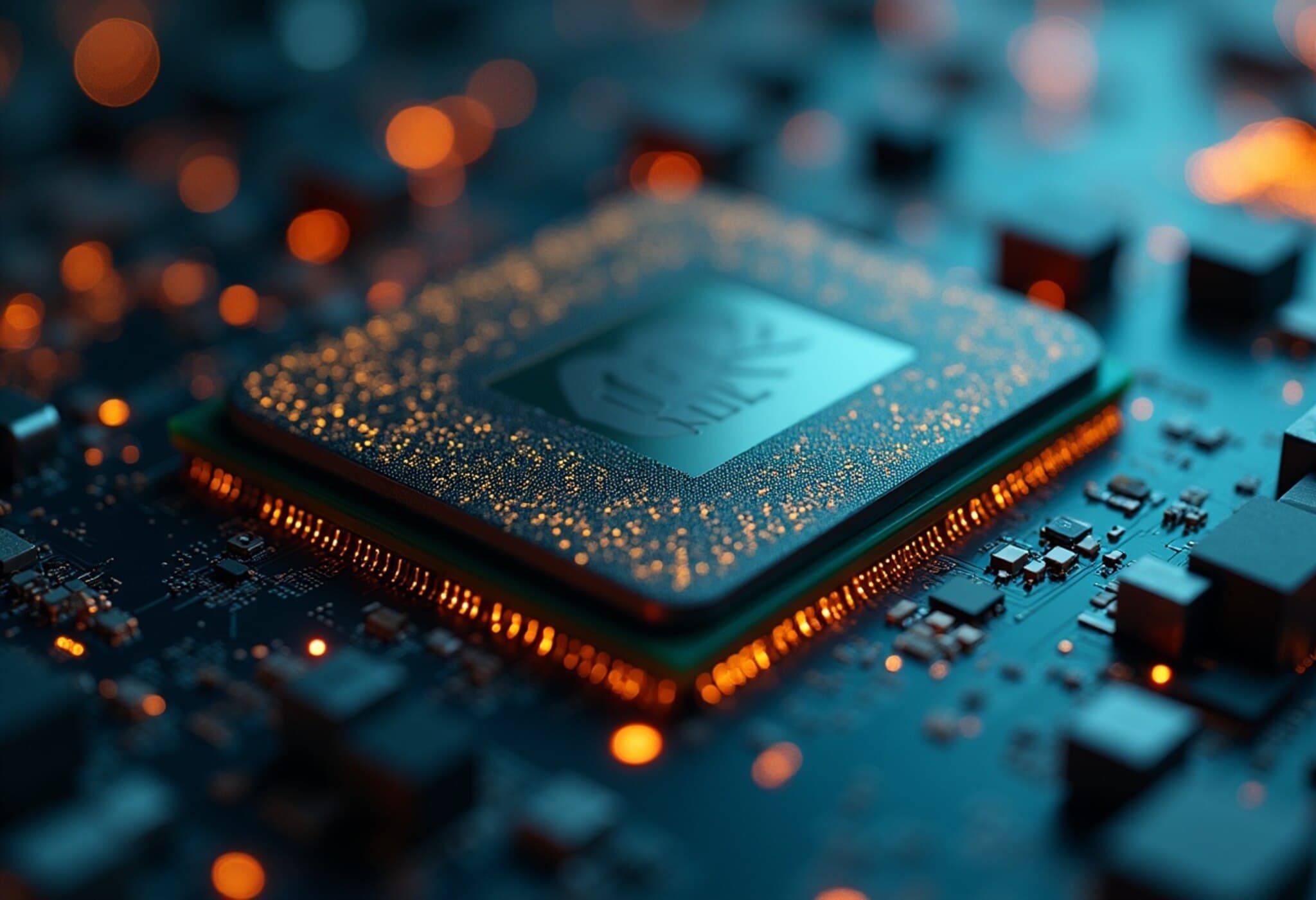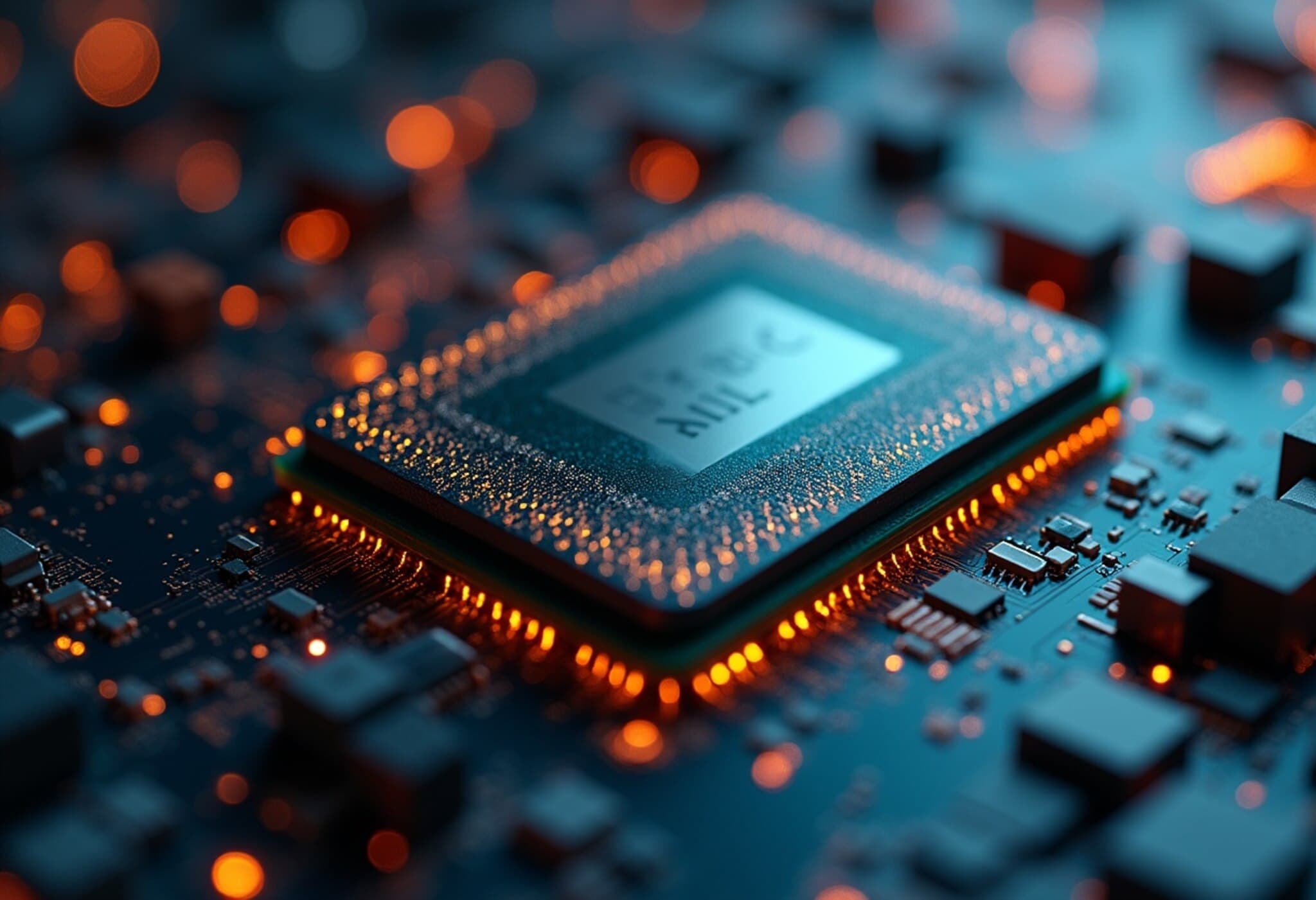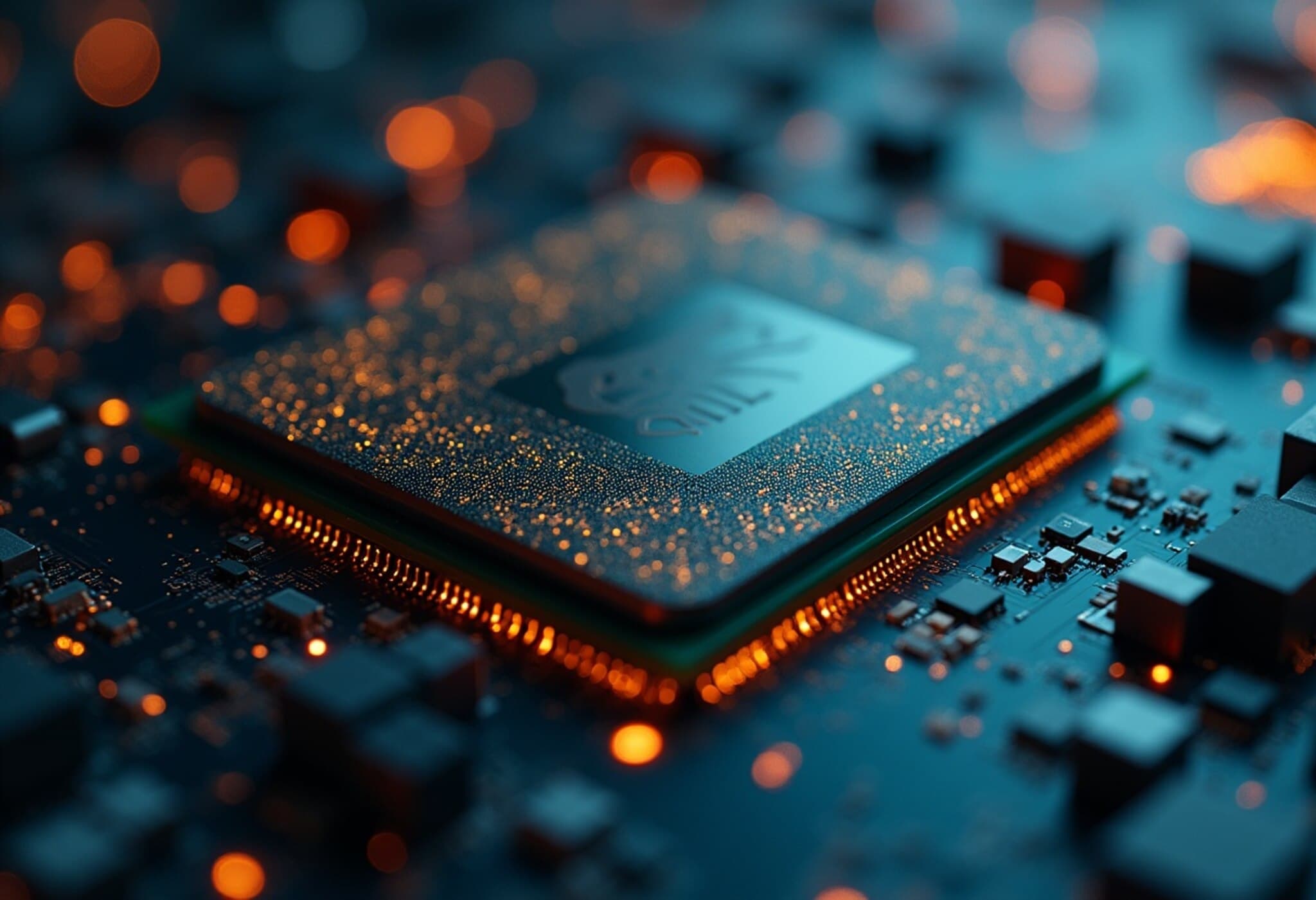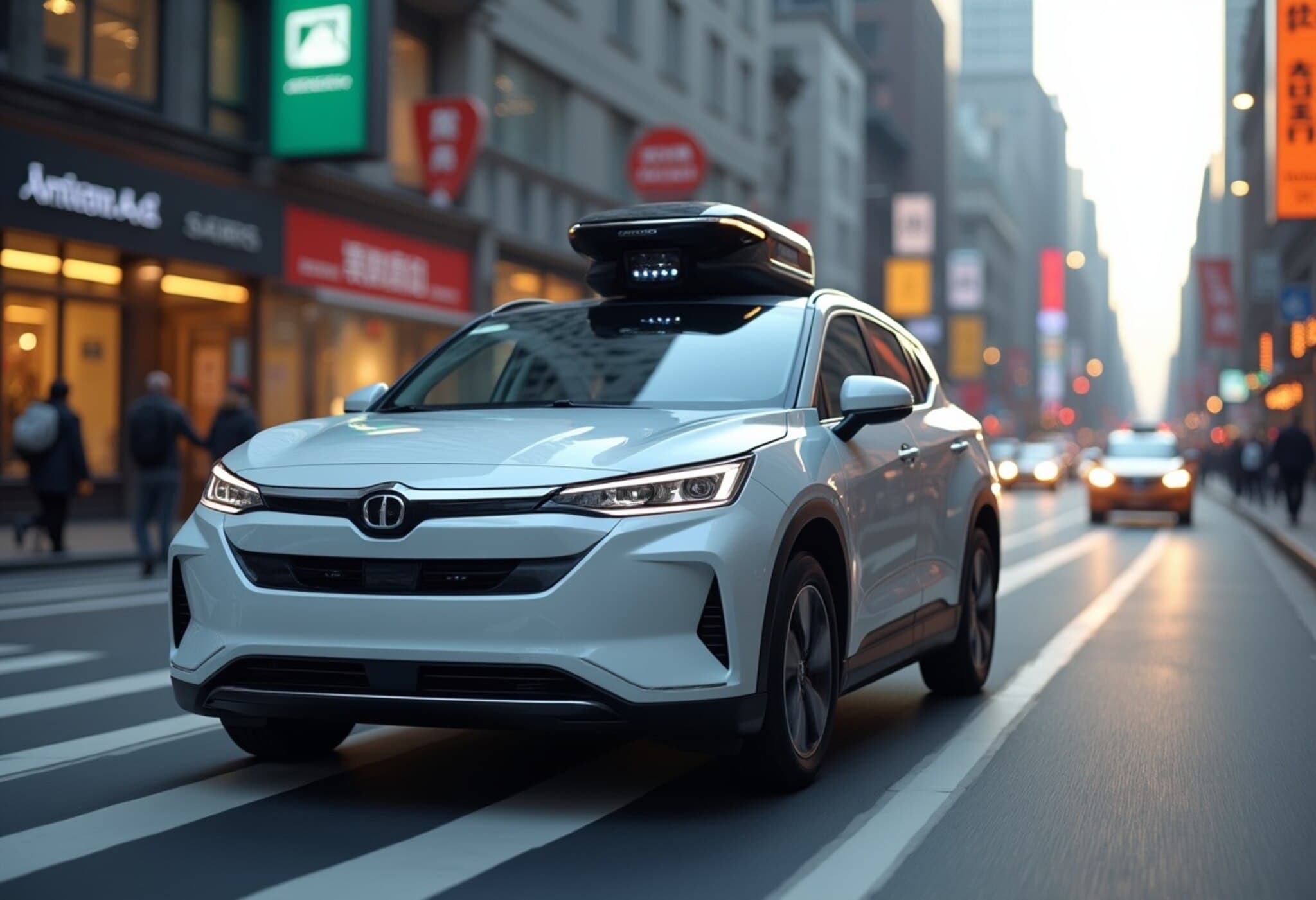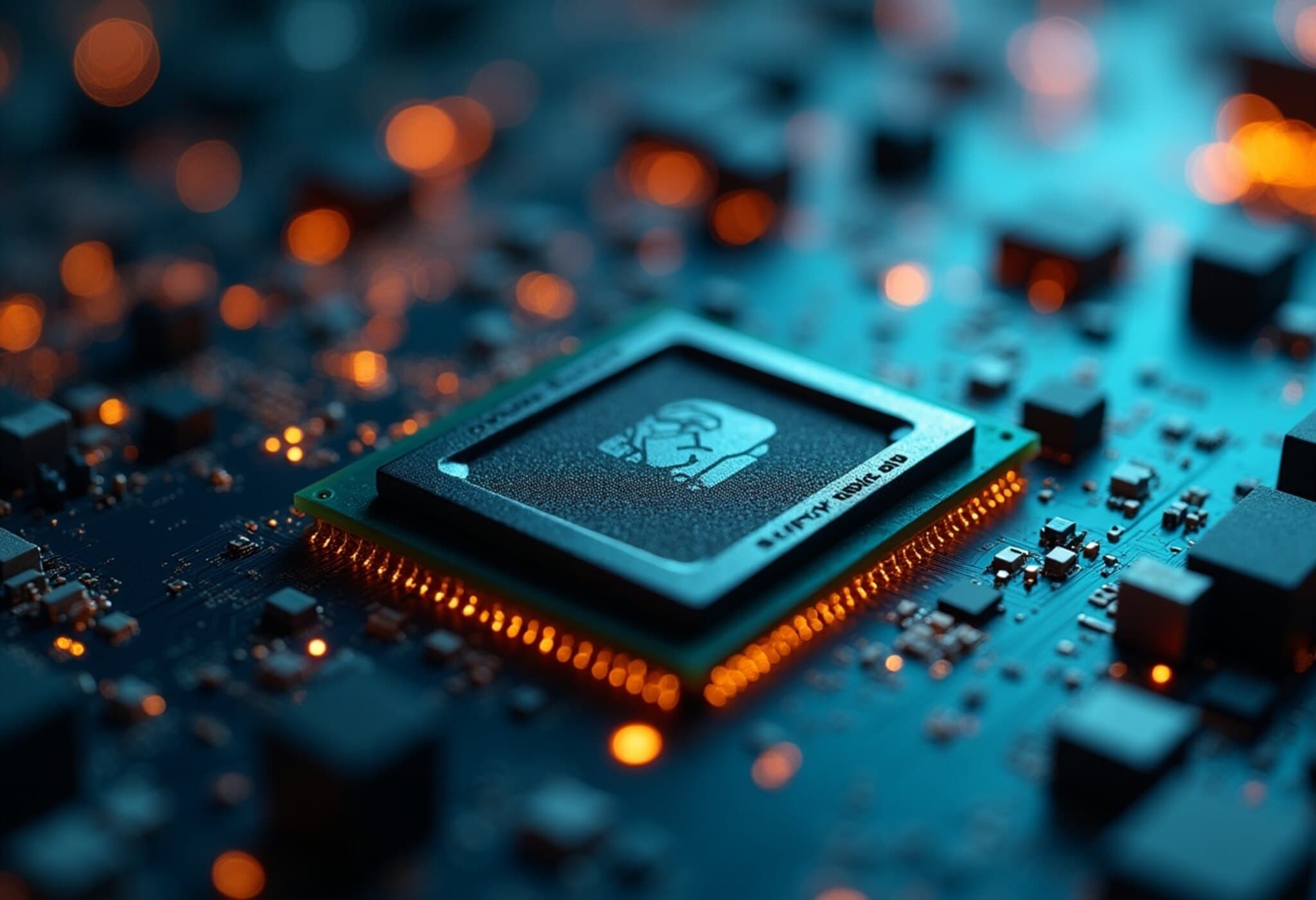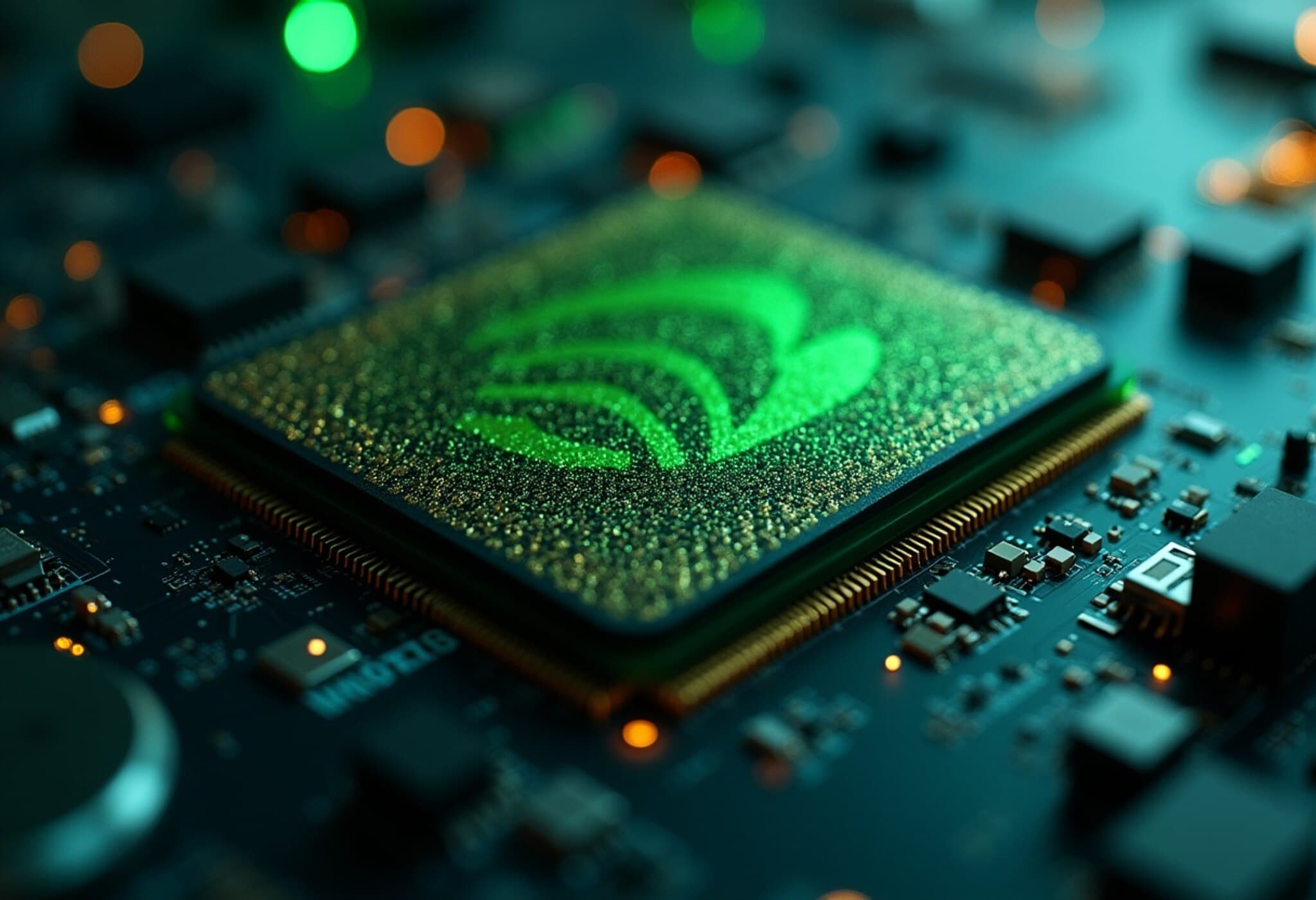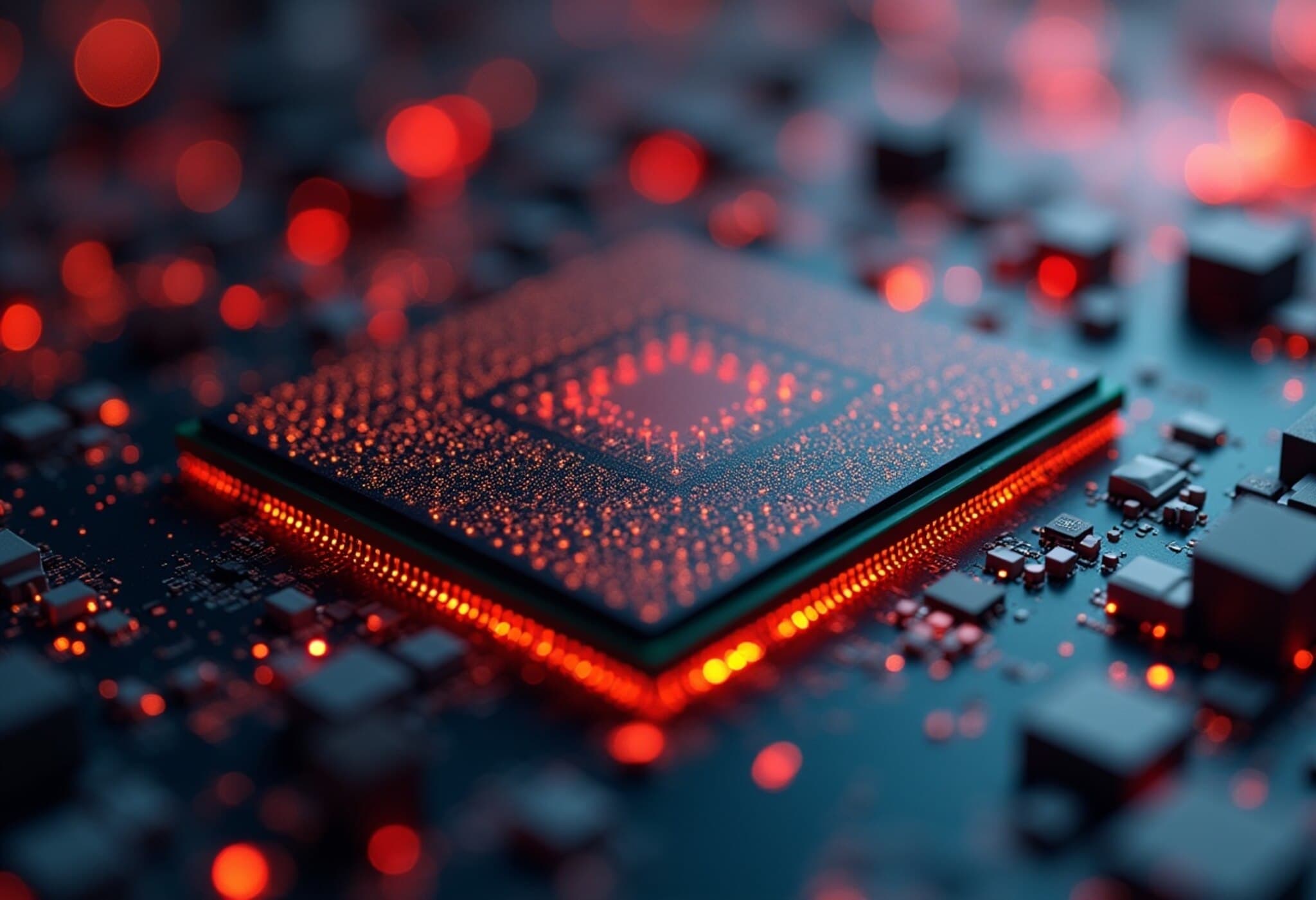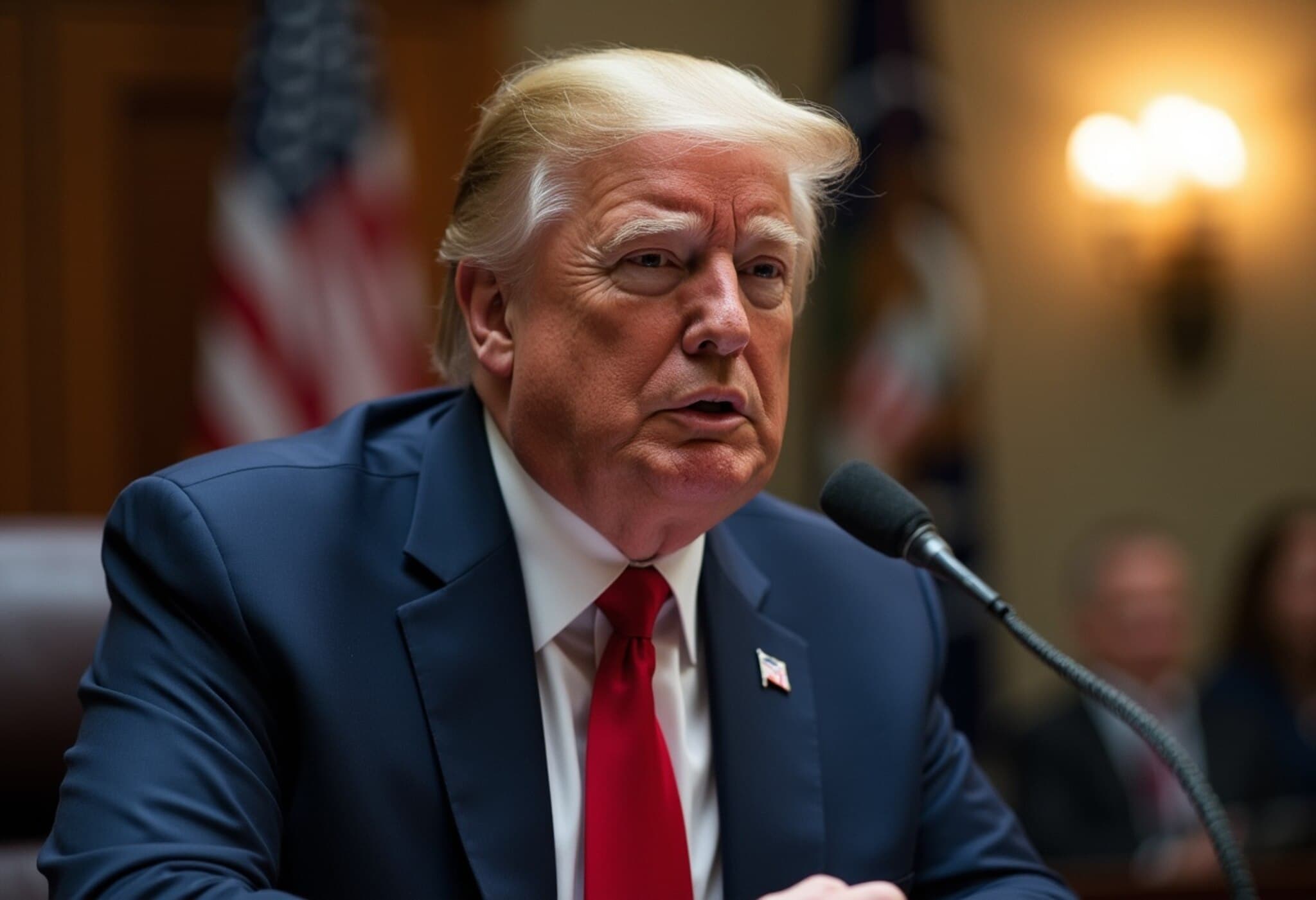Nvidia CEO Jensen Huang Returns to Beijing as Company Nears Resumption of AI Chip Sales to China
In a significant development for the global semiconductor landscape, Nvidia CEO Jensen Huang made his third visit to Beijing within six months, buoyed by news that the company anticipates resuming sales of its AI-focused H20 chips to China after a three-month suspension. This move marks a subtle thaw amidst heightened U.S.-China tensions over technology exports and hints at a complex geopolitical negotiation unfolding behind the scenes.
Strategic Meetings Highlight Bilateral Tech Diplomacy
During his visit, Huang engaged in high-profile discussions including a positive meeting with Chinese Vice Premier He Lifeng, clarifying that their talks did not cover contentious areas like battery technology restrictions or rare earth mineral controls. Earlier in the week, Huang also met Xiaomi founder Lei Jun, praising him as "a brilliant business person". Their conversation spanned emerging technologies such as large language model AI, autonomous vehicles, and robotics—underscoring Nvidia’s expanding footprint in China’s dynamic tech ecosystem.
Notably, Huang shared that U.S. President Donald Trump, informed ahead of his trip, offered supportive words. Huang emphasized that while he advises policymakers about the AI industry’s trajectory, key export control decisions reside solely with governments.
Export Controls: A Delicate Balance Between Politics and Commerce
Nvidia had halted shipments of certain AI chips to China in April following new U.S. export restrictions. The anticipated resumption of H20 chip sales, subject to ongoing licensing processes, appears to be part of a broader bargaining dynamic — reportedly involving China's supply of crucial rare earth elements to the U.S. These rare earths are indispensable for manufacturing high-tech products and military equipment.
Huang refrained from claiming credit for policy shifts, emphasizing compliance with government directives and adaptability to tariffs and regulations. The 90-degree Beijing heat might have felt restrictive, but Huang’s warm approach to reporters highlighted his optimism and openness amid geopolitical complexities.
Looking Ahead: Nvidia’s Future in China’s AI Market
Nvidia estimates that U.S. export controls have already cost the company billions in lost revenue. The current sales limitation restricts Nvidia to older-generation chips like the H20, which still support AI model training but are not among Nvidia’s most advanced products.
Huang expressed hope for approval to sell more advanced chips eventually, pointing out that technology constantly evolves—implying that China’s access to superior computing power might improve over time. However, he cautioned that normalizing supply chains post-restriction could take up to nine months, underscoring the logistical challenges underpinning international tech commerce.
Huawei’s AI Ambitions: A Testament to China’s Growing Technological Independence
Addressing Huawei’s role amid U.S. sanctions, Huang praised the company’s resilience and innovation. He remarked that dismissing Huawei’s robust chip design and integrated cloud infrastructure would be "deeply naïve." Huawei’s proprietary Ascend chips and AI-specific CloudMatrix platform illustrate China’s drive toward technological self-reliance, especially as geopolitical friction limits Western influence.
While Huawei’s AI system transitions may present some developer challenges, Huang remains confident that time and experience will level the playing field—recognizing Huawei’s rapid progress despite its relatively recent foray into the AI arena.
China’s AI Model Landscape: Competition Meets Collaboration
Huang lauded emerging Chinese AI models such as DeepSeek, Qwen, and Kimi, commending their innovation and cost-efficiency. He highlighted the importance of utility over sheer intelligence in AI applications, signaling a shift toward practical deployment in diverse sectors like healthcare, robotics, and imaging.
Interestingly, DeepSeek’s open-source approach allows widespread access and local execution of AI models, fostering a grassroots AI development culture despite tight export restrictions—a noteworthy undercurrent in understanding China’s AI progress.
Final Thoughts and The Way Forward
Concluding the press conference with warmth and humor, Huang expressed eagerness to return to China, underscoring the personal and professional ties that continue to bind Nvidia to one of the world’s fastest-growing AI markets.
Editor’s Note
Jensen Huang’s Beijing visit and Nvidia’s tentative chip sales resumption highlight the nuanced interplay of technology, politics, and international trade. Beyond headline-grabbing export controls, this episode sheds light on how multinational tech giants navigate geopolitical fault lines while fostering innovation globally. Observers should watch how evolving U.S.-China relations influence semiconductor supply chains, rare earth diplomacy, and AI competition. This story underscores the urgency for policymakers to craft informed, balanced strategies that reconcile national security concerns with the imperatives of technological progress and economic interdependence.

